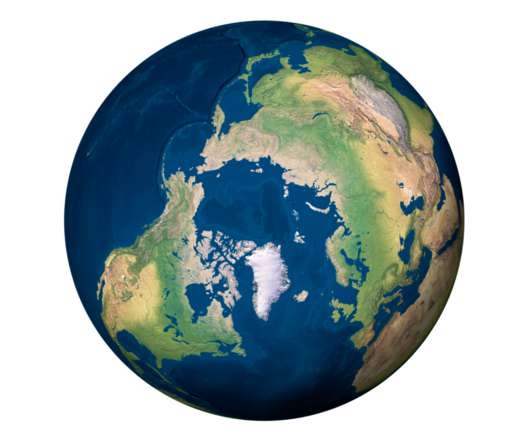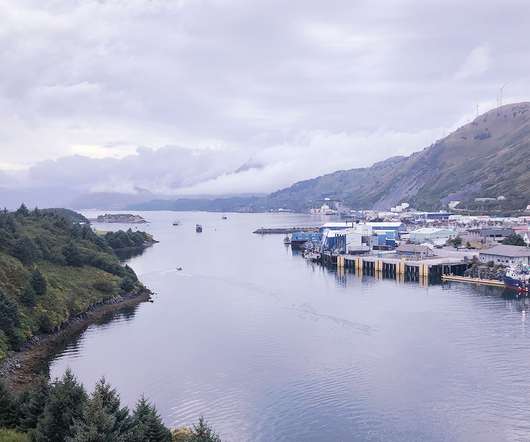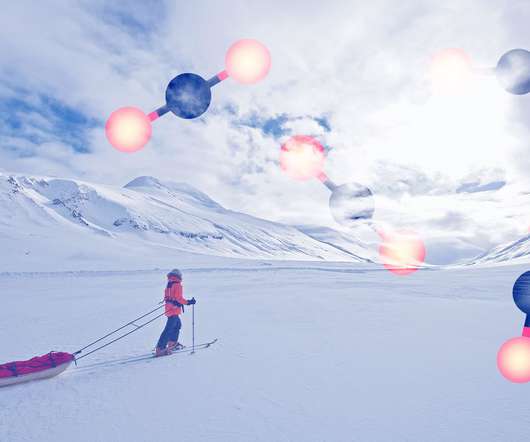How climate change drives hotter, more frequent heat waves
Grist
JULY 11, 2023
This story is part of Record High , a Grist series examining extreme heat and its impact on how — and where — we live. People rest at the Oregon Convention Center cooling station in Oregon, Portland on June 28, 2021, as a heatwave moves over much of the United States.















Let's personalize your content